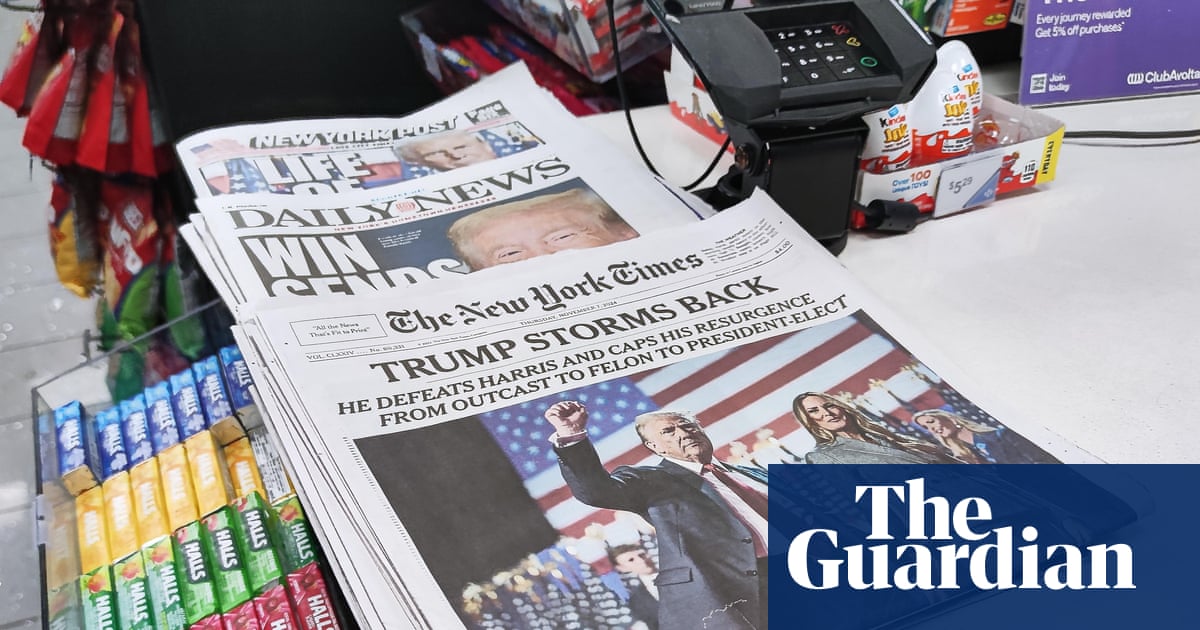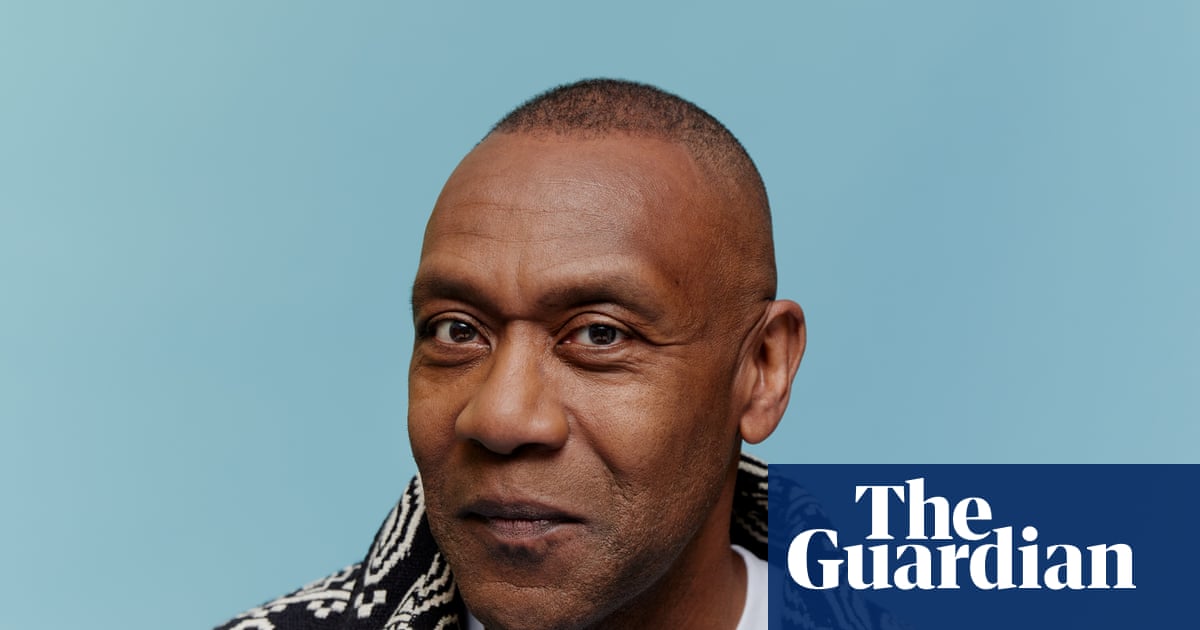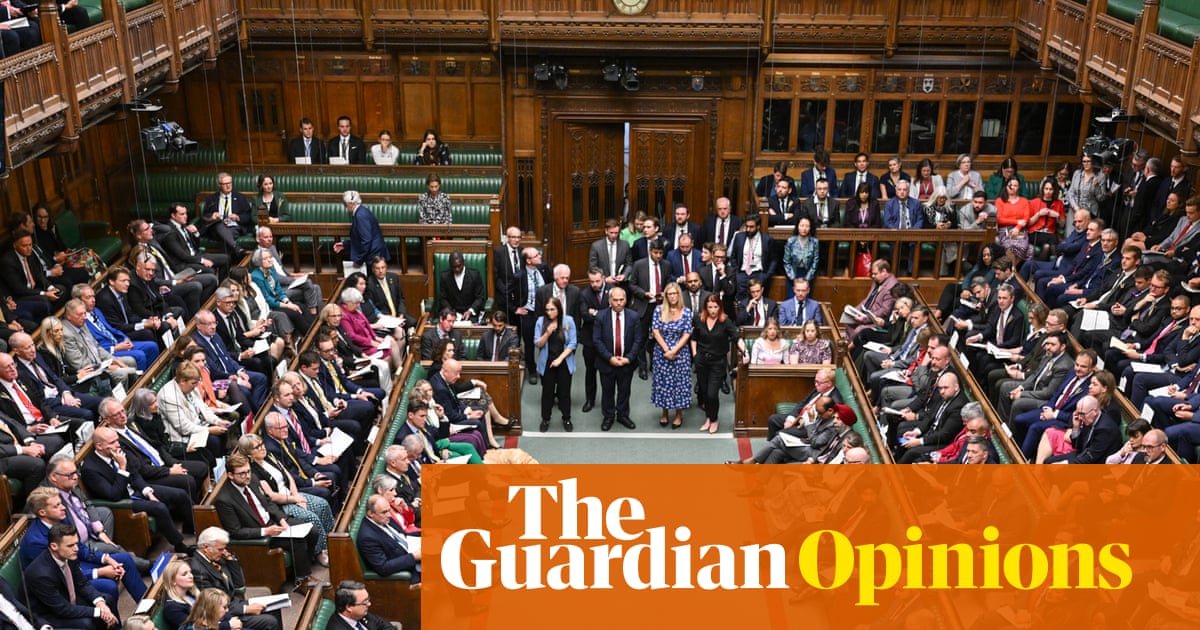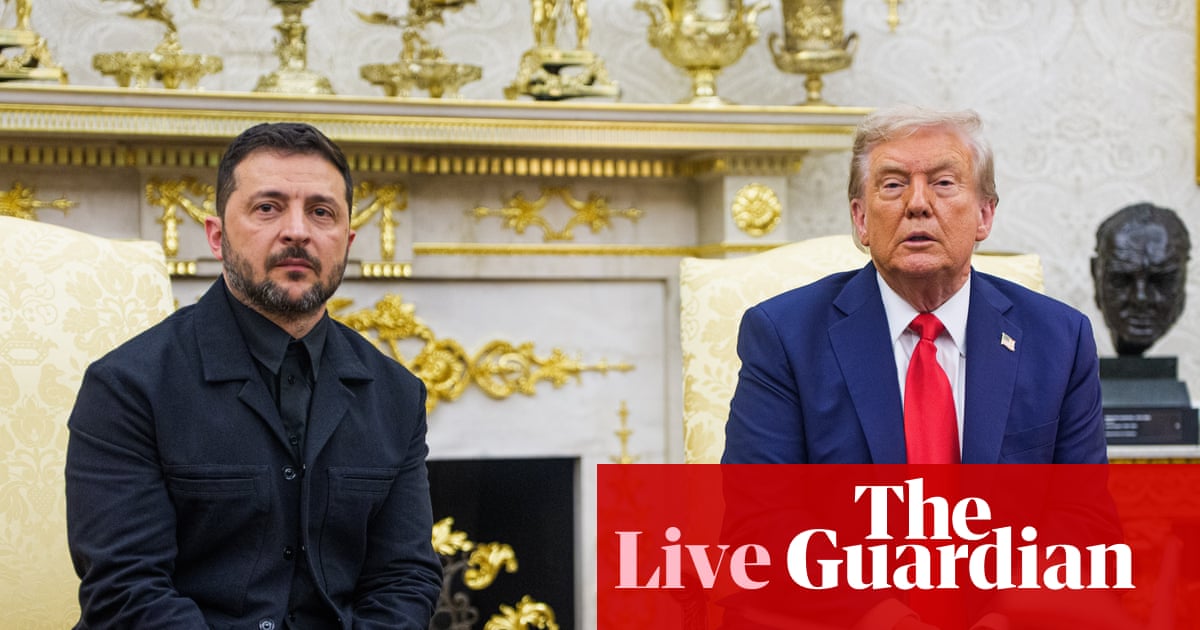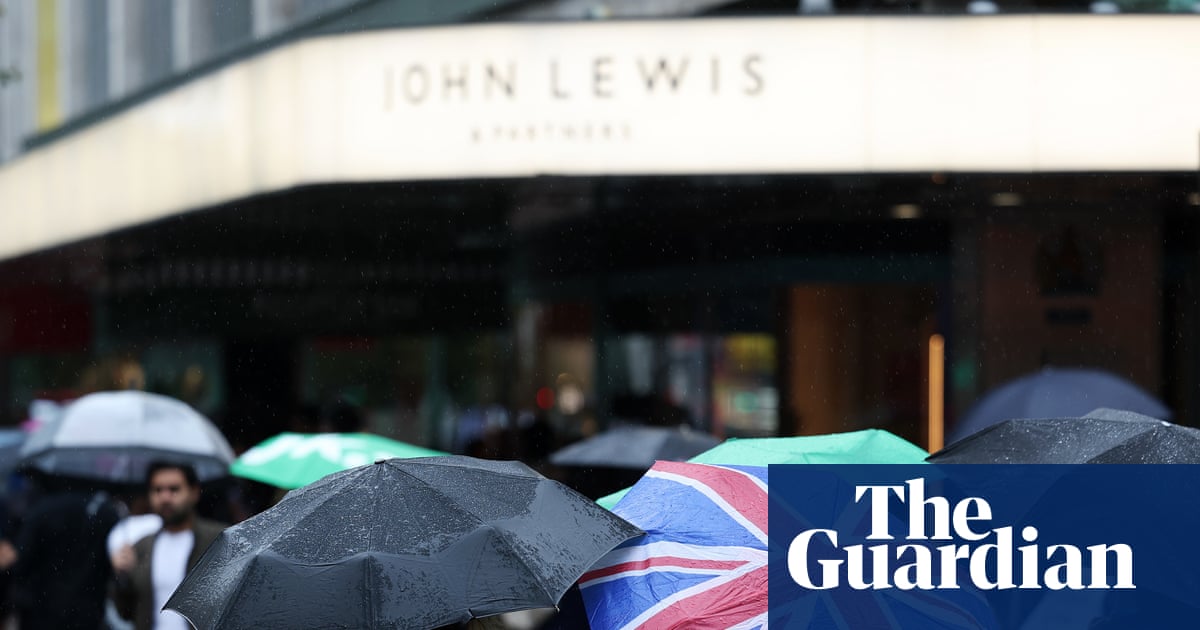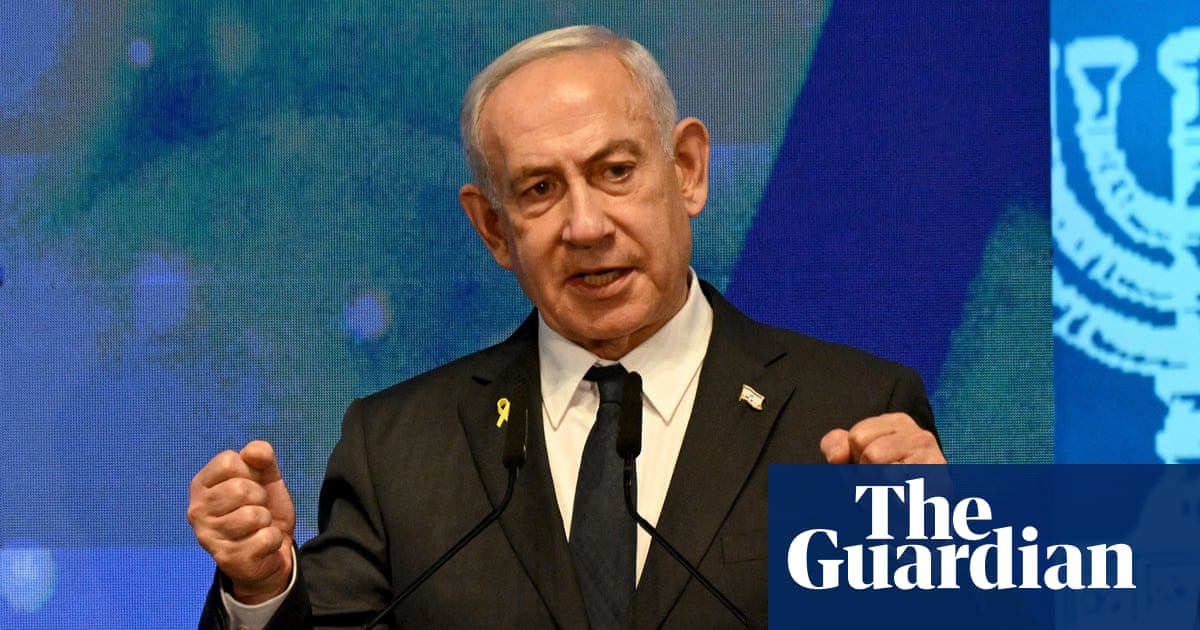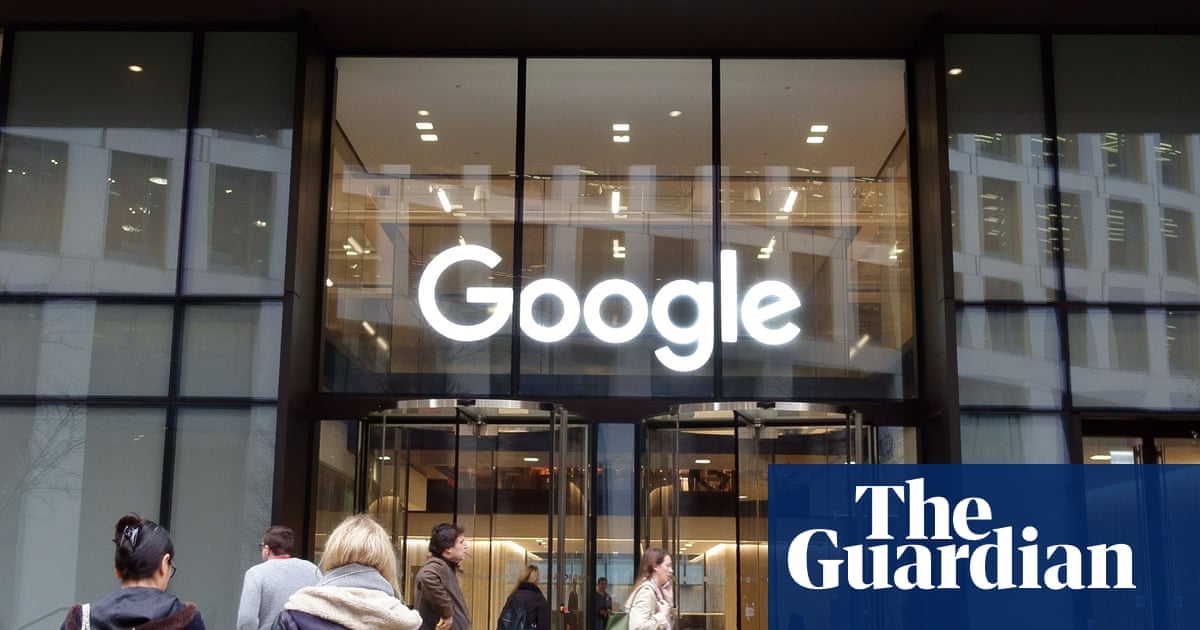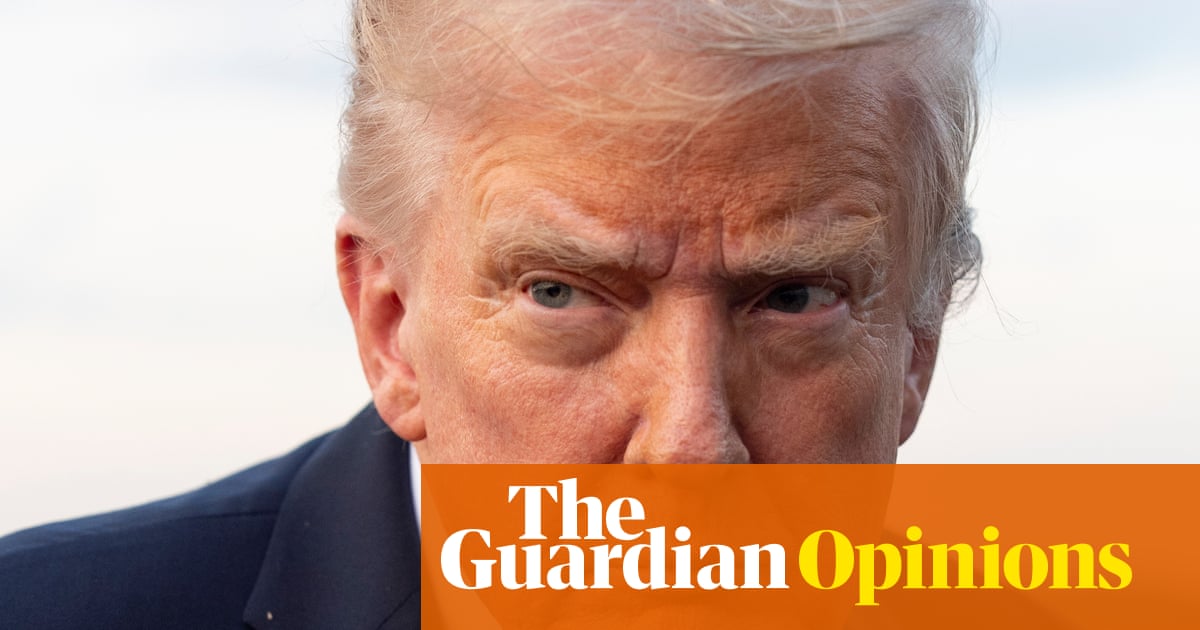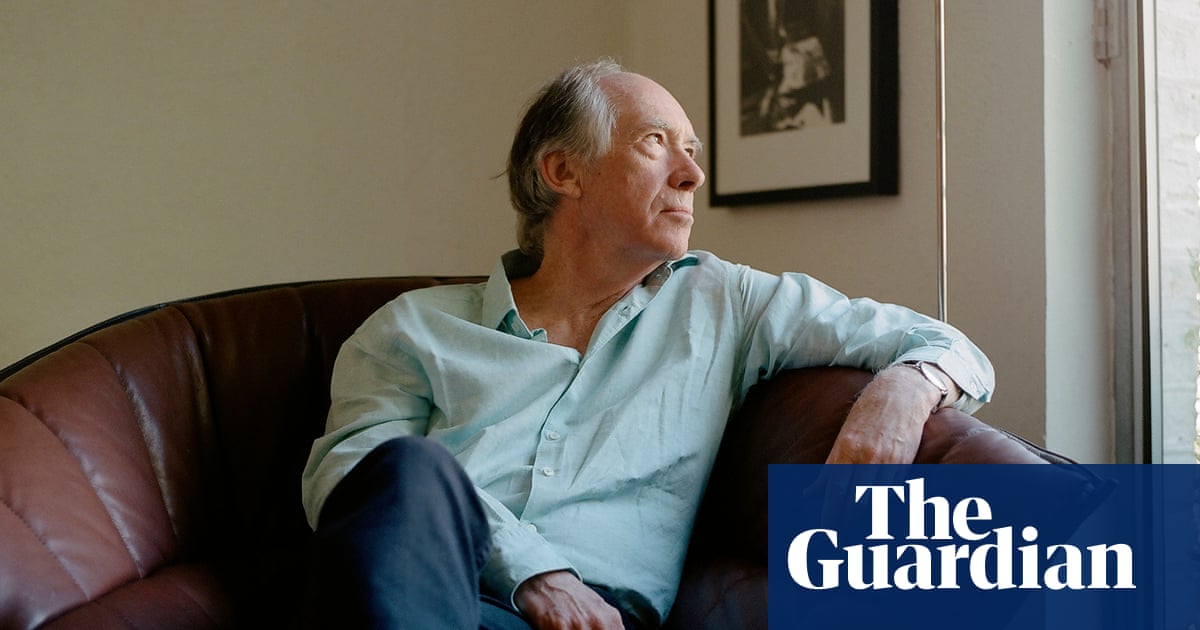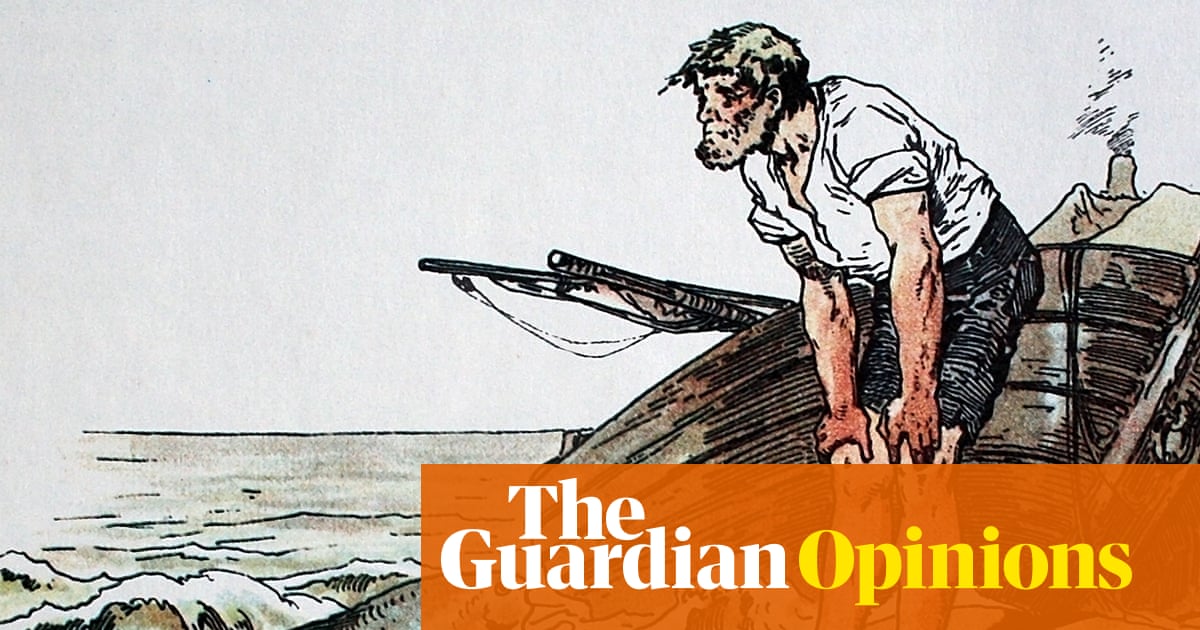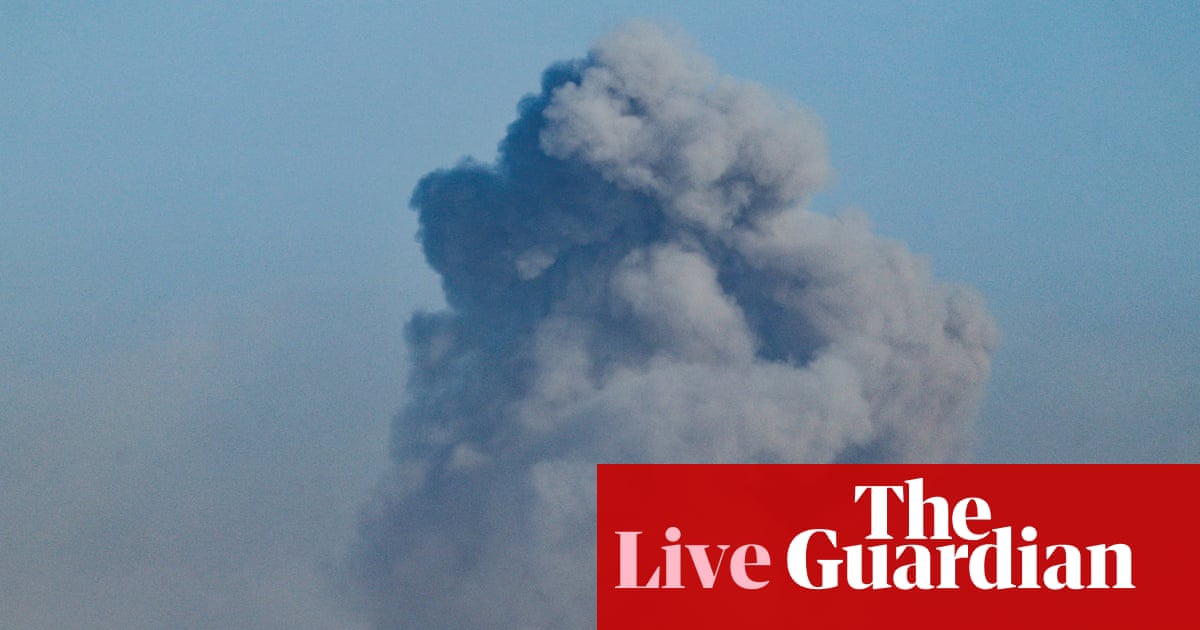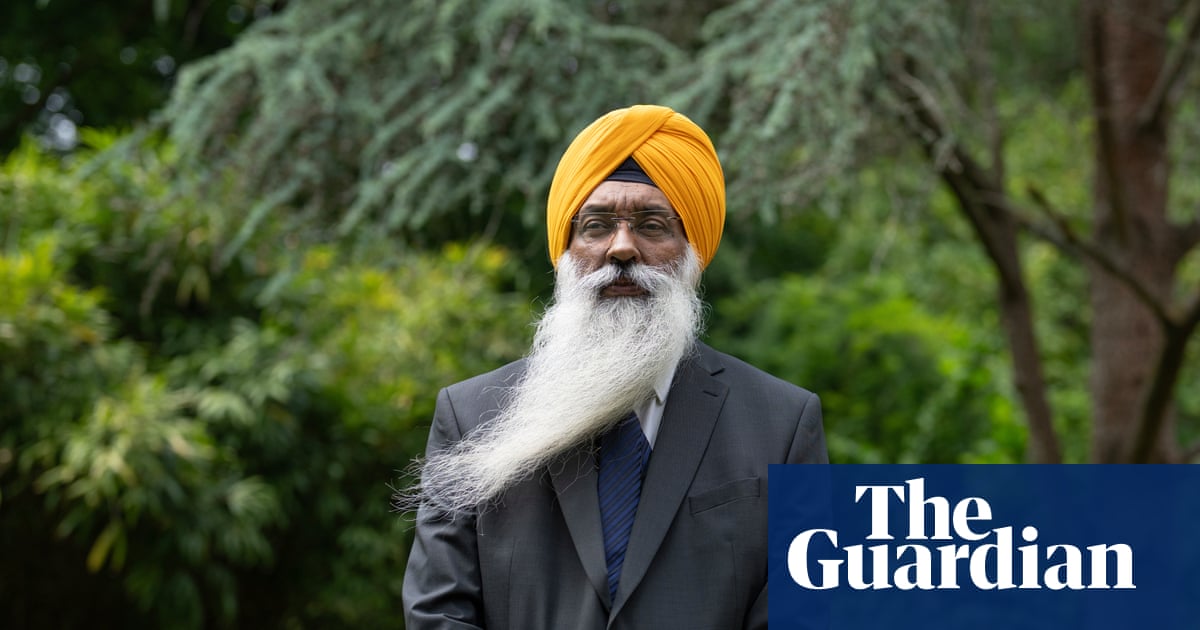The Oval Office was crowded, with reporters cautioned not to collide with the Resolute Desk. Standing beside them, dressed in black, was Elon Musk, billionaire ally of Donald Trump and head of his government efficiency drive.
“Elon is from South Africa – I don’t want to get Elon involved,” the US president told his South African counterpart, Cyril Ramaphosa, during a discussion about crime against white farmers. “He actually came here on a different subject: sending rockets to Mars. He likes that better.”
Musk’s silence during the fraught hour-long meeting was a small but telling reminder of his shift in Trump’s orbit. He remains close to the president and welcome in the West Wing. He also paid a second visit to the Pentagon this week. But a relationship that many forecast would end in an explosive collision of egos seems instead to be undergoing an inexorable tapering off.
On Monday, the Politico website published an analysis under the headline “Why has Elon Musk disappeared from the spotlight?” It found a sharp drop in the number of times that Trump posted about Musk on his Truth Social platform, from an average of four times a week in February and March to zero since the start of April.
In February, Politico said, Trump’s fundraising operation invoked Musk in fundraising emails almost every day, with one message reading: “I love Elon Musk! The media wants to drive us apart, and it’s not working. He’s great.” But such mentions abruptly halted in early March, with the exception of one email in May advertising a “Gulf of America” hat that Musk had worn.
In addition, White House officials no longer fill their social media feeds with Musk-related content. Reporters seldom ask about him at the White House press briefing. Members of Congress are giving his name a wide berth.
Musk seems to be taking the hint. This week, the Tesla chief executive confirmed that he had reduced his role as the unofficial head of the so-called “department of government efficiency” (Doge) to just two days a week, and will also cut his political spending substantially – the latest public signal that he is shifting his attention back to his business empire amid growing investor concerns.
It is a dramatic shift from the first weeks of Trump’s second term, when Musk attended the inauguration, was a constant presence at Mar-a-Lago, appeared alongside Trump in the Oval Office and gave a joint interview on Fox News full of mutual admiration. Doge dominated media headlines as it took a chainsaw to the federal bureaucracy.
It seemed that Trump was dazzled by the world’s richest person, who sends rockets into space and spent at least $250m to support his election campaign last year. In March, the president even turned the White House south lawn into a temporary Tesla showroom, displaying five of the electric vehicles and promising to buy one himself.
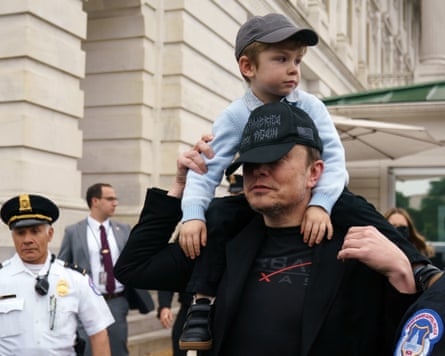
But the polls told their own story. Last month, a national survey by Marquette University Law School found approval of how Musk is handling his work at Doge at 41% with disapproval at 58%. About 60% of those polled had an unfavourable view of Musk himself, compared with 38% who were favourably disposed to him.
Ro Khanna, a Democratic member of Congress who has known Musk for more than a decade, commented: “As his numbers declined, so did Trump’s interest. Trump discards people when their ratings fall and it’s very transactional. It’s nothing more than an initial fascination and a sense of being discarded.”
Khanna, whose congressional district sits in the heart of California’s Silicon Valley, had predicted from the outset that Musk was not going to last more than four or five months: “I said he’s going to get frustrated, exhausted and Washington will win – not him – in terms of how the town works.”
At that time, Khanna was hoping that Doge would make cuts at the Pentagon. Instead, it flouted the constitution to slash the US Agency for International Development (USAID), the Department of Education, the Internal Revenue Service and other targets.
“I said there’s no way he’s going to get anywhere close to $2tn of cuts; he didn’t even get close to a trillion; it’s about $81bn. He learned the lesson that a lot of very successful business leaders learn, that democracy is much tougher than they imagine and doesn’t bend to their will,” Khanna said.
Indeed, Musk continues to hit roadblocks. On Wednesday, the US Institute of Peace retook control of its headquarters after a federal judge said the firing of its board and employees by Doge was illegal. On Thursday, a federal judge in San Francisco said Trump cannot restructure and downsize the US government without the consent of Congress and that she would probably extend her ruling blocking federal agencies from implementing mass layoffs.
Even so, Doge has already enacted deep cuts to the workforce and spending and, in some cases, sought to shutter entire agencies, causing untold damage to the fabric of government.
For example, the Federal Emergency Management Agency (Fema) “is not ready” for next month’s start of the hurricane season, according to an internal agency review reported by CNN. The disaster relief agency, which employs more than 20,000 workers, has lost roughly 30% of its full-time staff to layoffs and Doge buyouts.
Khanna warned: “We’re going to be living with the consequences for years to come because unfortunately they’ve managed to totally destroy USAID, they’ve destroyed NIH [the National Institutes of Health], they’ve destroyed FDA [the Food and Drug Administration], they’ve destroyed EPA [the Environmental Protection Agency], they’ve hollowed out so much of the state department and it’s going to take a generation to rebuild.
“I’m hoping that the damage will stop. We have to see what will continue but hopefully there’ll be no more sledgehammer to these institutions.”
Even conservatives who believe in downsizing government share the concerns. Rick Tyler, a political strategist who has worked on Republican campaigns, said: “What they’re trying to do is make the government smaller, which I applaud, but they are not making it more efficient because there has been no vision, no plan to actually make the government operate with fewer people and less money. There is no redesign. This is just slash and burn.”
Tesla, which is the major source of Musk’s wealth, has suffered significant brand damage and lost sales due to his political work, particularly with Trump. He has also expressed support for the far-right, anti-immigration AfD party in Germany. Tesla dealerships have become scenes of protest and vandalism in the US and beyond.
It may be that Musk met his political Waterloo in Wisconsin. His spending of at least $3m helped make Wisconsin’s supreme court race the most expensive of its kind in US history. He even made a personal appearance in Green Bay the weekend before the election wearing a cheesehead hat – popular with fans of the NFL’s Green Bay Packers – and personally handed out cheques for $1m to supporters.
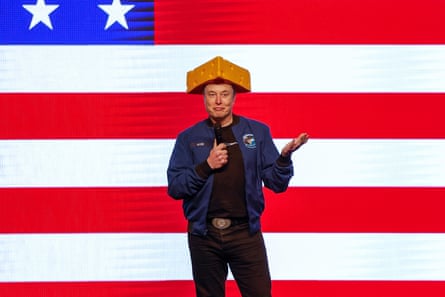
But the candidate he backed lost by 10 percentage points. Democrats had used his intervention to successfully mobilise voters in an election dubbed “People vs Musk”.
This week, Musk told Bloomberg’s Qatar Economic Forum in Doha: “In terms of political spending, I’m going to do a lot less in the future.” The Wisconsin Democratic party chair, Ben Wikler, told the Associated Press: “The people have won. The biggest funder in Republican politics is taking his toys and going home.”
Evidently, Musk and his chainsaw have become a political liability for Republicans seeking re-election in next year’s midterms. Democrats in races across the country are expected to use Musk as a political boogeyman in attack ads on their opponents.
Tyler observed: “The polling numbers, Trump suffering politically, which would hurt his party, which is going to hurt his agenda, caused enough strife that I’m sure he heard from enough members to say, could we just not talk about Elon Musk any more?”
Wendy Schiller, a political science professor at Brown University in Providence, Rhode Island, added: “It was a trial balloon on how they would reduce federal employees. If it worked and people thought it was great, maybe they would keep going with or without Musk, but they used him as the front person for it and the punching bag. When it backfired, they cut him loose. Not surprising at all.
“There is nobody that you can sincerely believe Donald Trump thinks is important to his popularity or his standing in a positive way because he believes he generates all that himself. And I don’t think he’s wrong about that. But if you become a liability, you’re gone pretty quickly.”

.png) 3 months ago
122
3 months ago
122
